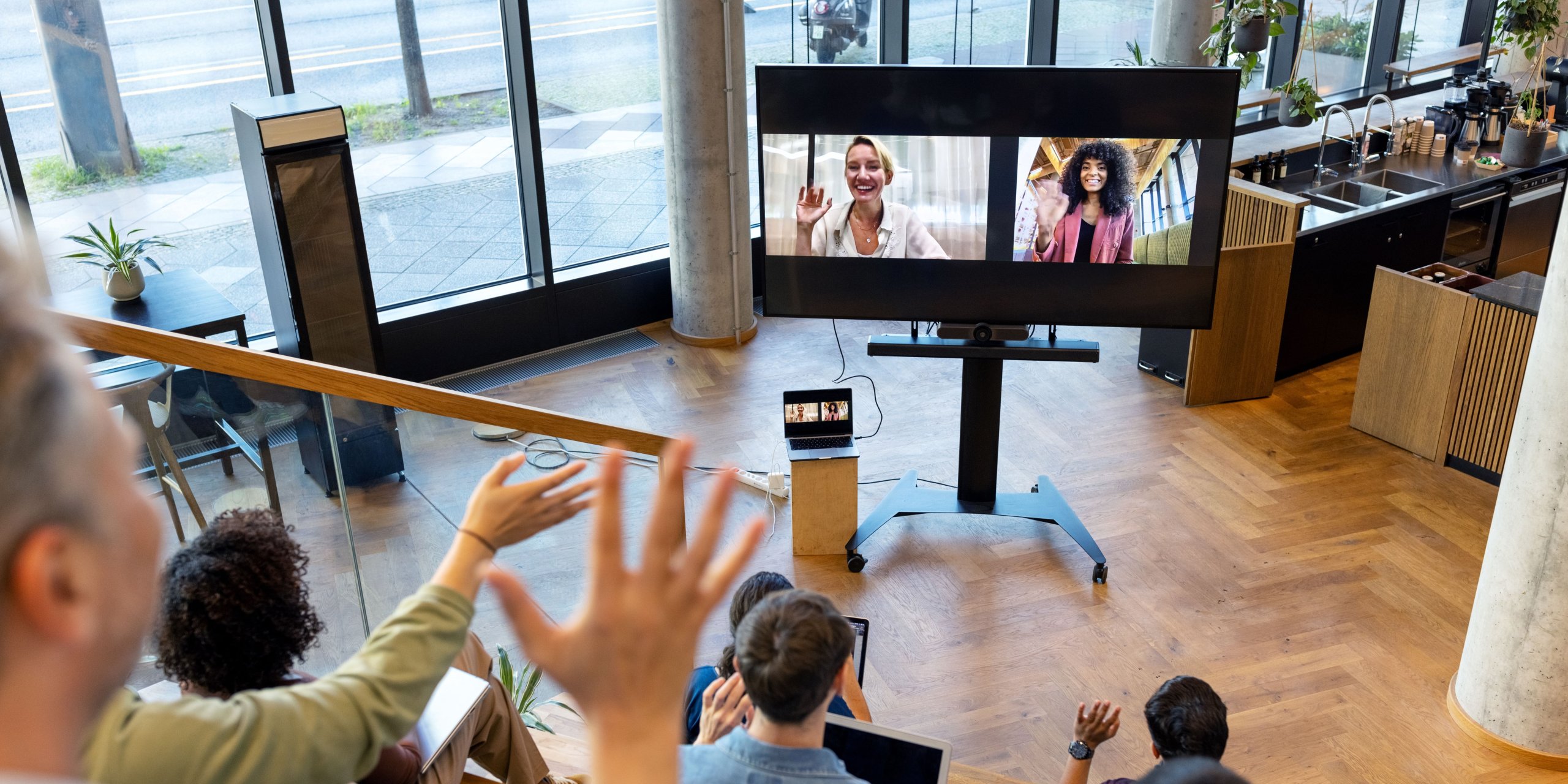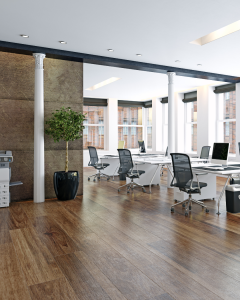
Office culture in a hybrid world
Sep 2025
The way we work has changed. Hybrid working models, where people split time between the office, home and other locations, are now the norm. But while flexibility has huge benefits, it also raises a key question: how do you maintain a strong, connected office culture when not everyone is in the same place at the same time?
Culture has always been the heartbeat of any organisation. It’s what binds teams together, fuels collaboration and gives people a sense of belonging. In a hybrid world, culture doesn’t disappear, it just needs to be more intentional.

Belonging and connection
One of the biggest challenges of hybrid working is sustaining that feeling of being part of something bigger. When people are dispersed, it’s easier to feel isolated,especially new starters who haven’t built relationships in person.
Research from Microsoft’s Work Trend Index found that 43% of leaders believe relationship-building is their biggest challenge in hybrid settings. Without a shared sense of culture, collaboration and creativity can falter.
That’s where the office, and increasingly coworking spaces, become cultural anchors. Coming together in person, even if just a few days a week, strengthens trust, reinforces values and reminds people what the organisation stands for.
Purposeful presence
 Hybrid doesn’t mean “office optional.” Instead, it shifts the focus to making office time meaningful. When teams do come together, it’s about more than clocking in, it’s about connection, learning and creativity.
Hybrid doesn’t mean “office optional.” Instead, it shifts the focus to making office time meaningful. When teams do come together, it’s about more than clocking in, it’s about connection, learning and creativity.
Collaboration, learning and celebration all take on greater meaning when experienced in person. Face-to-face interaction allows for richer brainstorming and problem-solving, while mentorship and informal knowledge-sharing naturally thrive in a shared physical space. Equally, recognising achievements has a far greater impact when celebrated together, creating moments that feel more genuine and memorable than in a virtual setting.
Coworking spaces make this easier by offering a ready-made environment that encourages interaction. They naturally foster chance encounters and cross-pollination of ideas, something that’s hard to replicate at home or even in traditional offices.
The role of space in culture
The design of a workspace communicates what an organisation values. Does it encourage teamwork or quiet focus? Does it provide welcoming spaces for conversation or feel transactional and cold? Coworking environments are particularly powerful in this respect because they’re designed for variety. Hybrid offices need to support both flexibility and culture and coworking provides exactly that through:
Coworking spaces are increasingly designed with flexibility in mind, offering open zones for collaboration, quiet areas for focus, and social hubs that encourage informal connection. This variety allows individuals to choose the environment that best suits their needs throughout the day, supporting both productivity and creativity.

A strong sense of community is another defining feature of coworking. By bringing together diverse businesses and individuals, these spaces foster shared energy and collaboration, helping to strengthen office culture in a way that traditional workplaces often struggle to replicate.
Wellbeing is also at the heart of many coworking centres, with design choices that prioritise natural light, biophilic elements, and overall comfort. These features not only enhance productivity but also boost morale, creating a healthier and more enjoyable working environment.
Technology plays a crucial role too, with coworking spaces increasingly equipped with meeting rooms that ensure remote colleagues feel fully included and engaged. Together, these elements transform coworking spaces into places to belong.
Making culture intentional
In hybrid work, culture won’t happen by accident, it takes conscious effort from leaders and teams alike. That means being clear about values and showing how they play out in everyday behaviour, making sure remote colleagues are included and never left ‘out of sight, out of mind’ and creating shared rituals that keep people connected, whether through weekly team huddles, monthly socials or quarterly away days. Just as importantly, it’s about listening, regularly gathering feedback to understand how people feel about culture and connection, and adapting as you go.
Coworking can accelerate all of this, providing neutral ground where organisations can shape culture in flexible, cost-effective ways, while still giving people the social energy and sense of connection they crave.
The future of office culture
Hybrid working is here to stay. The organisations that succeed will be those that see culture as a strategic asset and the office, especially coworking spaces, as powerful tools for building it. By combining flexibility with intentional connection, businesses can create environments where people feel part of something meaningful, no matter where they work.
At Collaborate, we design coworking and serviced office spaces that do more than provide desks, they foster connection, collaboration and community. Because in a hybrid world, culture starts with the spaces where we choose to come together.
Since opening in 2015, Collaborate has provided workspaces that combine convenience, flexibility and a supportive atmosphere. For businesses looking for a practical, modern base that evolves with them, it’s a place where work works better. To find out more about Collaborate’s flexible workspaces, visit collaborate.works